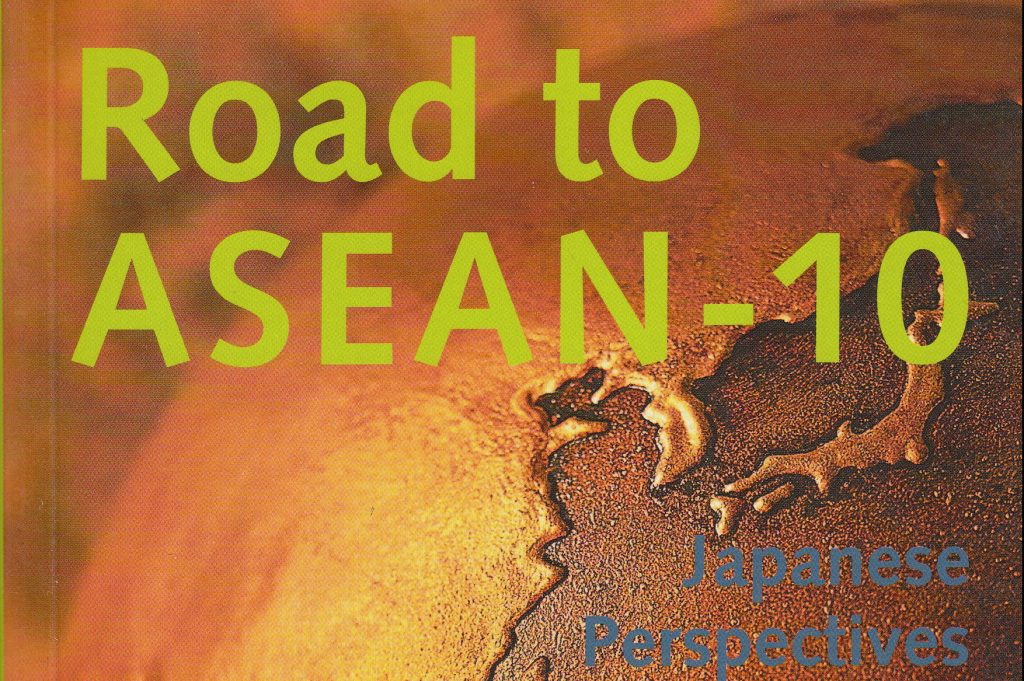PROSPECTS OF ASEAN 10 AND ITS IMPLICATIONS FOR REGIONAL INTERNATIONAL RELATIONS
1998–1999
Established 30 years ago, the Association of Southeast Asian Nations (ASEAN) has developed from a tentative anti-communist coalition into a major international actor in the economic arena. The expansion of ASEAN to include ten countries represents the first time the entire Southeast Asian region has been unified under one institution, raising questions about the implications for regional economic and political relations.
Under the guidance of Prof. Sueo Sekiguchi of Seikei University, a study group of seven young economists and political scientists was formed to examine various aspects of the expansion of ASEAN and analyze what effect it will have on the region’s economies. The participants met regularly to discuss the political, economic, and social issues related to ASEAN and the long-term prospects of the member economies. Their papers were published in an edited volume, Road to ASEAN-10: Japanese Perspectives on Economic Integration.
This project is part of the Global ThinkNet Fellows initiative.
STUDY TEAM
Project Director
SUEO SEKIGUCHI, Professor of Economics, Seikei University
Participants
TAKAHIRO KASHIWAGI, Legal and General Affairs Department, The Furukawa Electric Co. Ltd.
MAKITO NODA, Chief Program Officer and Director for Research Coordination, Japan Center for International Exchange
HIDENOBU OKUDA, Associate Professor of Economics, Hitotsubashi University
CHIKAYOSHI SAEKI, Professor of Economics, Kyushu University
TAKESHI TAKANO, Associate Professor of International Relations, Kumamoto Prefectural University
JUNKO TAKEUCHI, Senior Researcher, Sakura Research Institut
FUMIO YOSHINO, Associate Professor of Economics, Takushoku University

